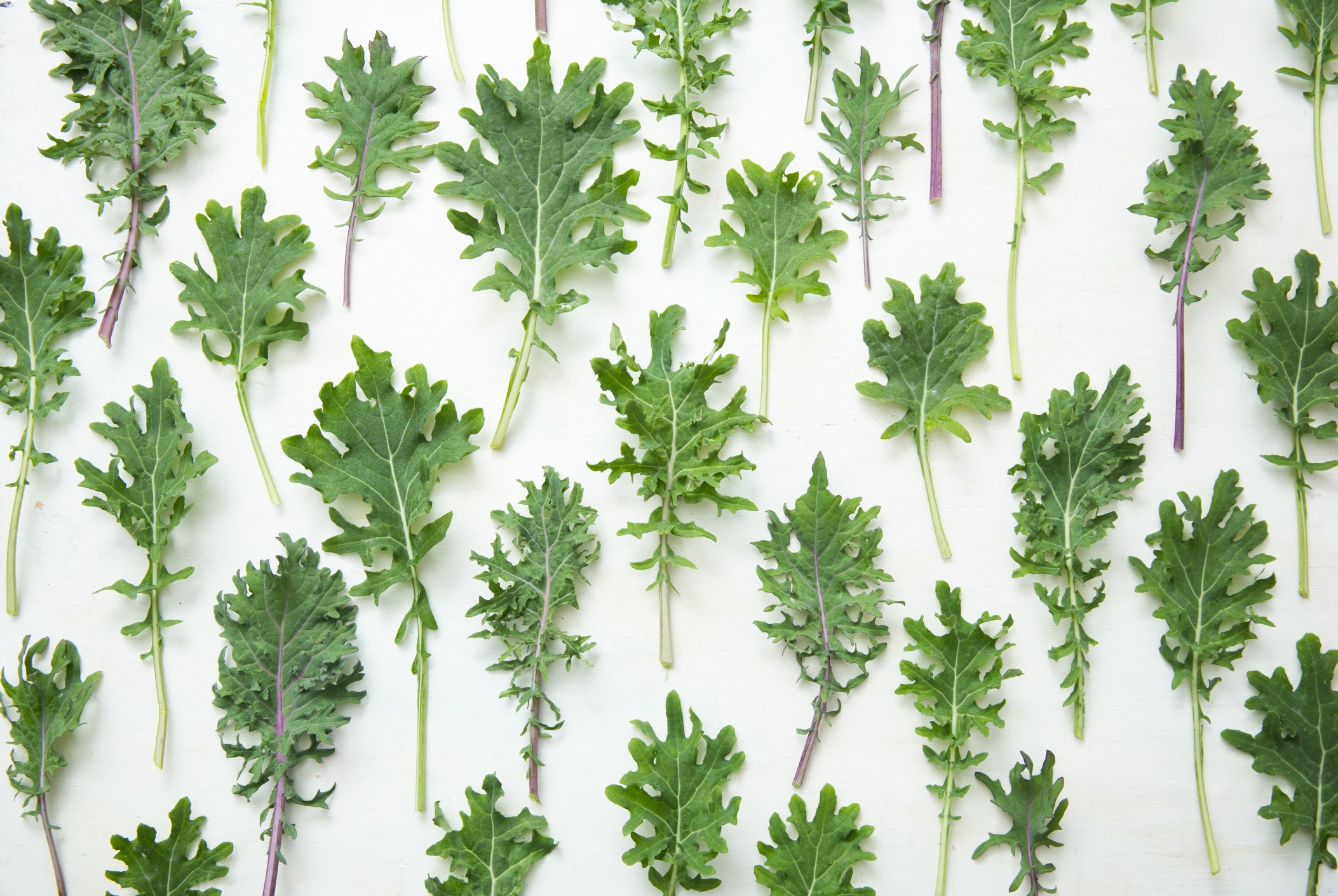
Are plant-based diets really better for you? We talked to scientist, author, and diet coach Ray Cronise to find out.
I asked one of our writers for a Ray Cronise interview way back in 2015 because his unorthodox plan, his ability to rethink nutritional norms using evidence-based exploration, and his many passionate supporters (called Cro-Nuts) intrigued me. Cronise is a former NASA scientist and superstar in the weight-loss world, and he’s the brains behind the success of many celebrity transformations—as well as the weight-loss successes of regular Joes. In February, “Clerks” director Kevin Smith revealed he had suffered a massive heart attack, and initially credited Cronise and our friend Penn Jillette with his rapid weight loss and improved blood-pressure levels.*
Cronise—whose latest project, JustSides.com, offers tasty plant-based side dish recipes—also provides personal weight-loss coaching, and he’s made headlines with his “potato diet.” And while headlines are good for business, “the potato diet” isn’t a thing, really. Yes, Cronise is known to recommend a “mono diet” at the start of his weight loss plan as a tastebud reset, but it doesn’t last long, and it doesn’t begin to explain the core of his beliefs—a lifestyle change to a plant-based diet for optimal health.
Cronise’s new book, Plant-Based Nutrition, penned with Julieanna Hever (both pictured above), who’s a registered dietitian and has a master’s degree in nutrition, makes this clear. It’s an update on the first Idiot’s Guide, and it goes way beyond potatoes. The book contains a lot of good science and includes a side of recipes from celebrity chefs, as well as anecdotes from notable people who say they’ve benefited from the lifestyle, including Jillette, who wrote the intro—which is funny and sticks the landing, natch.
Although I’m not 100% plant-based yet, I loved the book and found it inspirational, and this bit buried on page 183 in the chapter titled “Winning at Weight Loss” really struck me:
“We’ve been deluded to think that all this swallowing and wiggling is the secret to success. People want to blame the battle on food deserts, knee injuries, GMOs, broken metabolisms, and hormones. The reality is that a century ago, food was economically scarce and many handed-down, traditional recipes are built from the bottom of the Food Triangle. That’s a plus when food is scarce. But, today, it is maladaptive.”
Interview with Ray Cronise, 2e
Q: With so much nutrition advice already out there, what inspired you to write this book?
In short, why do you believe following a plant-based diet is best for long-term health?
A plant-based diet is the only diet shown to reverse advanced cardiovascular disease and type 2 diabetes and has been associated with a decreased risk of hypertension, high blood cholesterol, obesity, certain cancers, and most chronic diseases. Further, swapping out animal products and processed foods for whole plant foods supports immune function by improving the microbiome and offers a high nutrient load without excessive calories. Plant-based diets are also associated with a reduction of common non-specific symptoms, such as heartburn, irritable bowel syndrome, acne, sleep apnea, eczema, and more.
What advice would you give to those who are interested in eating a more plant-based diet, but are struggling to make the transition?
What are some of the most important nutritional considerations to keep in mind for those who want to eat a more plant-based diet?
What type of recipes will readers find in this book?
Easy Beans and Quinoa
This warm and hearty one-pot wonder has a very Southwestern flair.
Ingredients
2 medium cloves garlic, minced or crushed
1/4 cup vegetable broth
1/2 cup dry quinoa
1 (15-oz.) can no-salt-added pinto or black beans, rinsed and drained
1 cup water
1/2 tsp. ground cumin
1/4 tsp. sea salt (optional)
1/4 tsp. freshly ground black pepper
1/2 cup frozen corn kernels, thawed
1/4 cup chopped fresh cilantro
Directions
- In a medium pot over medium heat, saute onion and garlic in vegetable broth for 5 minutes or until onions are translucent.
- Add quinoa, beans, water, cumin, sea salt (if using), and black pepper. Bring to a boil, lower heat to low, and simmer for 20 minutes stirring frequently, or until all liquid is absorbed.
- Stir in corn and cilantro until heated through. Remove from heat and serve.
*On the April 23, 2018, episode of “The Today Show,” Kevin Smith announced he was a new Weight Watchers ambassador.




